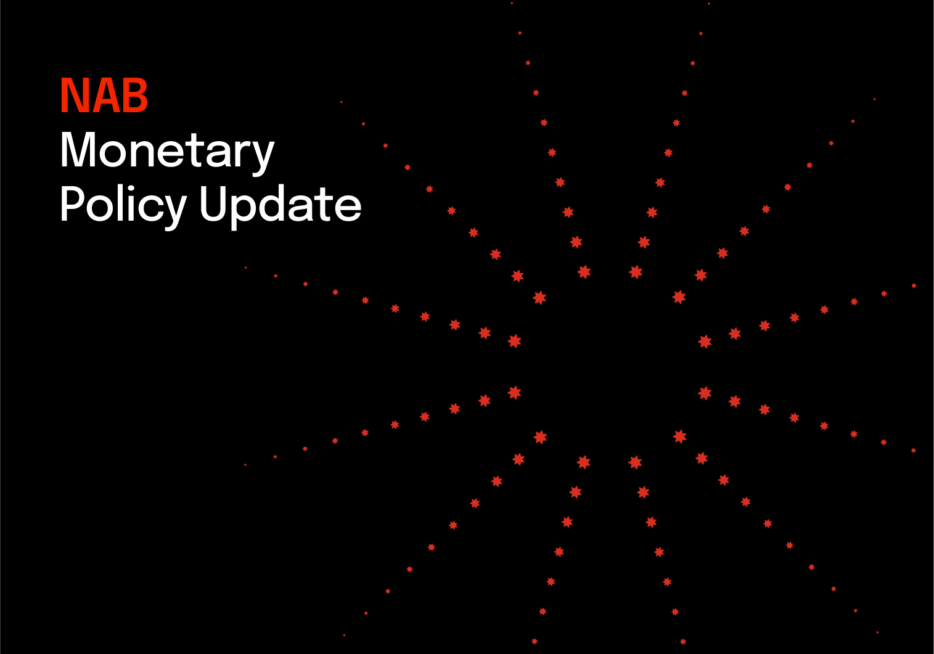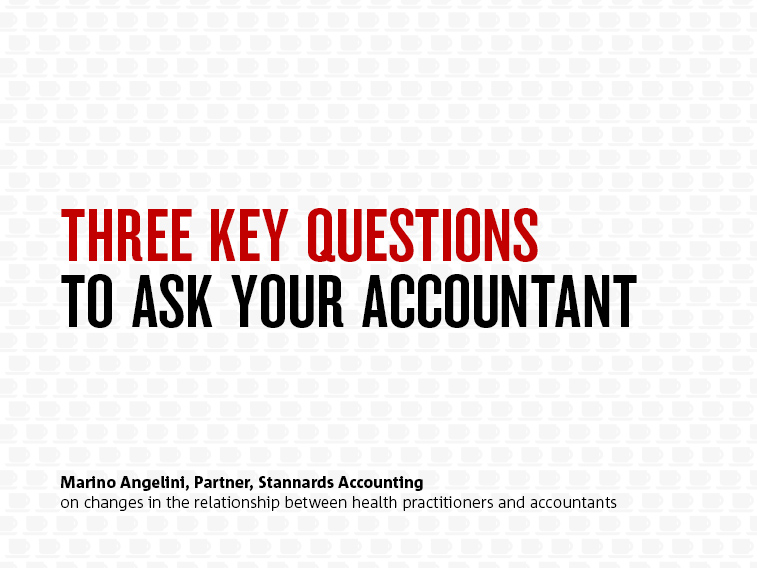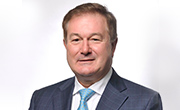RBA surprises with a hold, NAB still sees cuts in August, November and now February


Insight
Could you get more value from your financial services provider? If you only ever talk tax, you could be missing out. Stannards’ Marino Angelini explains changes in the health practice and accountant relationship and why wealth building, cost cutting and asset protection should all be part of the service.

At the start of his accounting career, Marino Angelini worked with pencil and paper and entered every figure by hand. Today, as Partner at Stannards, he keeps his entire document management systems in the cloud.
“Cloud-based processes have changed the way we relate to our clients,” he says. “For example, electronic accounting is much faster and more efficient for us so we can keep their costs to a minimum. It’s also quicker and easier for our clients so they’re likely to have more billable hours. If a new client has been preparing accounts manually, we give them as much help as they need to move online and start capitalising on the benefits.”
With technology to take care of routine and time-consuming tasks, accountants are free to adopt a more advisory role.
“I embraced the phrase ‘the future belongs to those who plan for it’ and that’s the principal we work with at Stannards,” Angelini says. “By looking to the future and thinking strategically we can manage our clients’ cash flows and surplus funds along with their compliance. We believe in working towards pre-determined outcomes rather than hoping for a particular result.”
Angelini develops one- to five-year rolling forecasts for each of his clients.
“Naturally the focus of our advice changes as their careers progress,” he says. “Those in their forties tend to be most concerned about their children’s education and paying off the family home, while those in their fifties and sixties are thinking about retirement and selling their practice.
“We’re now working much more closely with our clients so that we can provide timely, high-quality and personalised advice.”
Following a recent change in legislation, only accountants with an Australian financial services licence (AFSL) can provide advice about self-managed superannuation funds (SMSFs).
“Superannuation is a very popular investment for health professionals because it’s a protected asset and, at retirement, limits are either tax-effective or tax-free,” Angelini explains. “Sound and reliable advice is vital so we work closely with trusted, externally-licensed wealth advisers.”
Asset protection is also fundamental to any practitioner’s wealth creation strategy.
“Patient litigation isn’t an everyday occurrence but it can happen,” he says. “There’s also a risk that employees will claim unfair dismissal. We make it a priority to ensure the wealth our clients have accumulated is not vulnerable to an event that could well be outside their control.”

Close and effective relationships are built on regular communication but, according to Angelini, some health professionals don’t engage with their accountant as often as they should because they’re concerned about how much a phone call might cost.
“We manage that by establishing fixed annual costs for an agreed range of services,” he says. “Unless we tell them otherwise, our clients can assume everything they require is included in that price. If something does crop up that lies outside the scope of the agreement, we let them know and provide a quote for the extra service so they never have to worry about unexpected bills. We also offer the option of equal monthly instalments to support their cash flow.”
Angelini recommends all health professionals seek specialist accounting advice.
“Surgeries and practices have complex accounting requirements in areas such as billing and cash flow, increasing compliance and ongoing changes to Medicare,” he says. “It takes an accountant with a deep understanding of the industry and specialist knowledge of the regulatory environment, specific taxes and tax reductions to ensure you’re best placed to build wealth and achieve your financial goals.”
As a health professional, you operate in a complex world of regulation, taxation and evolving business models. Your accountant needs to be on top of regulatory and other changes to ensure you’re meeting your obligations, taking advantage of all appropriate deductions and protecting your assets as you build your wealth. A specialist can also assess your business in the context of the broader industry to identify any areas that would benefit from extra attention.
Transparency and regular contact underpin a strong relationship with your accountant but, if you’re charged for every call, you might think twice about picking up the phone. A flat fee can help to keep all lines of communication open and, and as long as the extent of the cover is clearly set out, there’s no risk of unpleasant surprises or time-wasting disagreements.
Health professionals are notoriously busy people with little time to think about either their business or their financial future. A good accountant will look ahead, think strategically and make suggestions to help you operate in the most tax-effective and efficient way and take advantage of opportunities as they arise.
© National Australia Bank Limited. ABN 12 004 044 937 AFSL and Australian Credit Licence 230686.